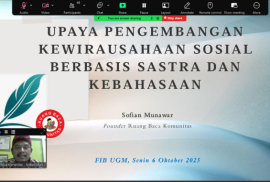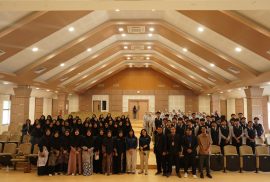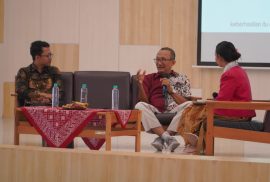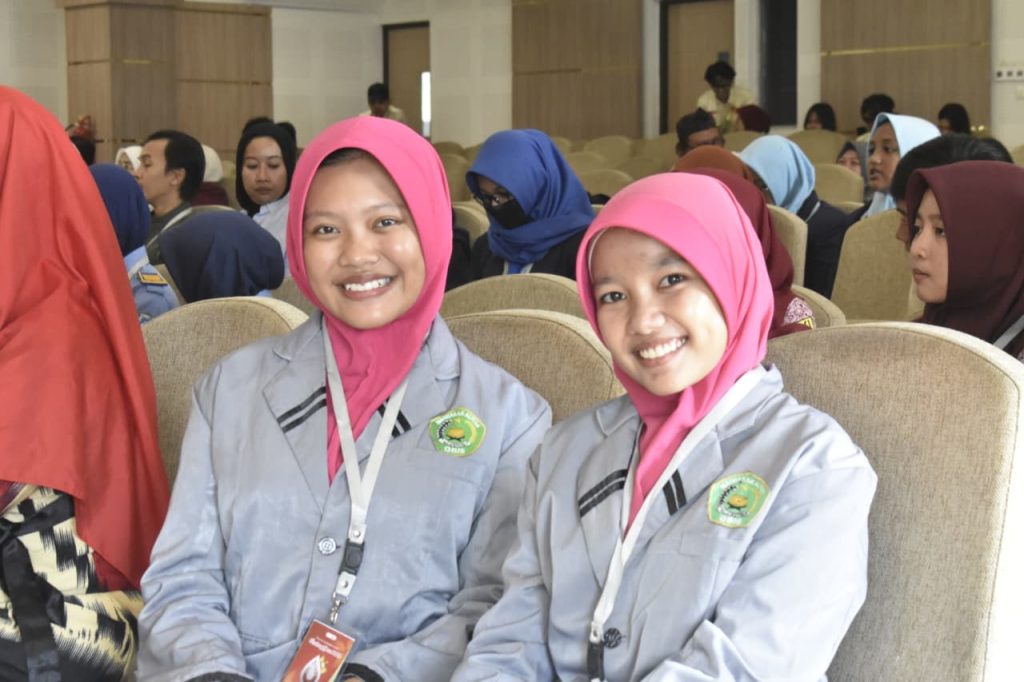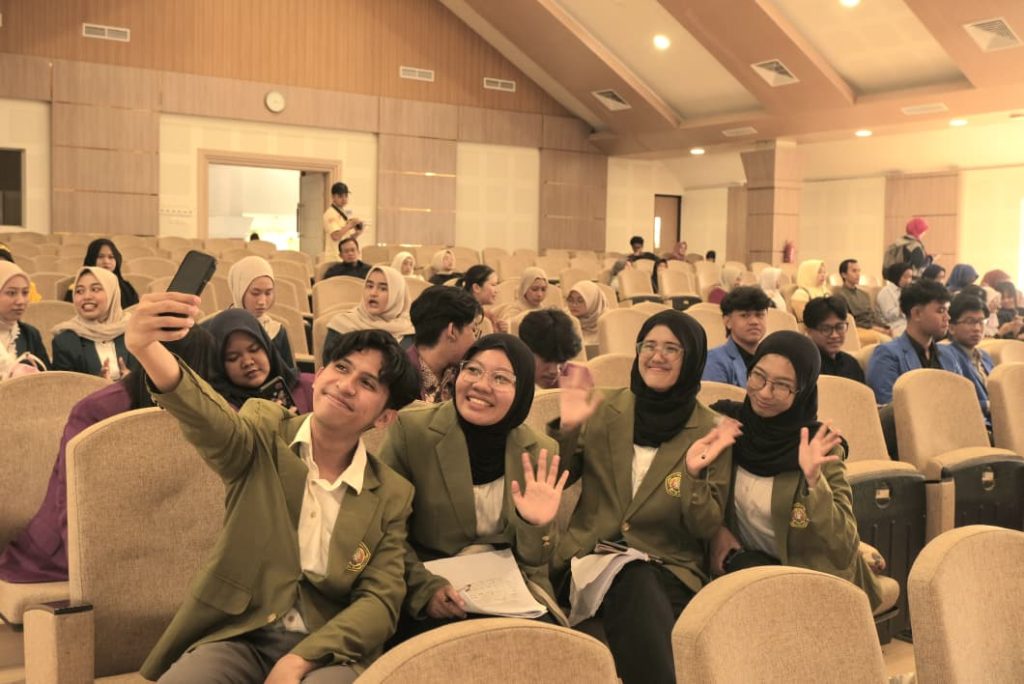Yogyakarta, October 6, 2025 – The Arabic Study Program, Faculty of Cultural Sciences, Universitas Gadjah Mada, continued its Entrepreneurship course in the sixth session by once again inviting Sofian Munawar, S.S., M.A., Founder of Ruang Baca Komunitas, as the guest lecturer. In this session, students were guided to design a business plan under the theme “Developing Social Entrepreneurship Based on Literature and Language”, as a practical application of the materials discussed in previous meetings.
During the lecture, Sofian Munawar emphasized the importance of understanding the literacy ecosystem within schools and communities as the foundation for developing literature- and language-based social enterprises. Students were encouraged to identify existing literacy issues—such as low reading interest, limited access to books, and weak writing culture among students. From these challenges, they learned how to conduct research, develop innovative concepts, and formulate sustainable business plans that take social and educational aspects into account.
Sofian Munawar also highlighted the significance of building cross-institutional networks involving schools, government bodies, and literacy communities. He introduced students to various literacy-based initiatives such as IKMASA Goes to School (a literacy outreach to Islamic boarding schools), collaborations with the Ministry of Religious Affairs and BAZNAS, and publishing opportunities through IKMASA Press. In this context, books are seen not merely as reading materials, but as tools of inspiration and instruments for community empowerment.
As a form of applied learning, Arabic Study Program students were assigned to create a group business plan titled “Social Entrepreneurship Design Based on Linguistic Literacy”, which included components such as background, problem identification, business opportunities, and implementation strategies. These business plans will later be presented in the following session as a tangible reflection of their ability to develop literacy-based social enterprise ideas.
Through this session, UGM Arabic Study Program students not only learned to be critical and creative academics but also changemakers capable of generating social impact through literacy innovation. This program also contributes to the achievement of the Sustainable Development Goals (SDGs), particularly SDG 4 (Quality Education) by strengthening literacy movements, SDG 8 (Decent Work and Economic Growth) by encouraging the creation of competitive social enterprises, and SDG 10 (Reduced Inequalities) through inclusive education and language-based community empowerment.
[Sastra Arab, Muhammad Ardiansyah]

